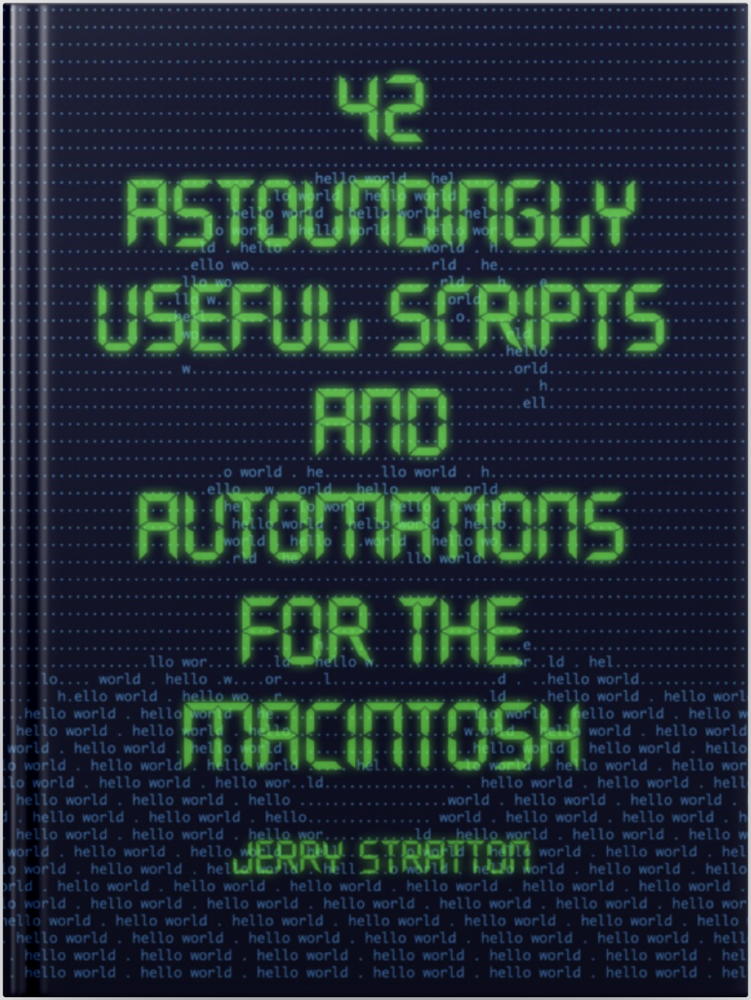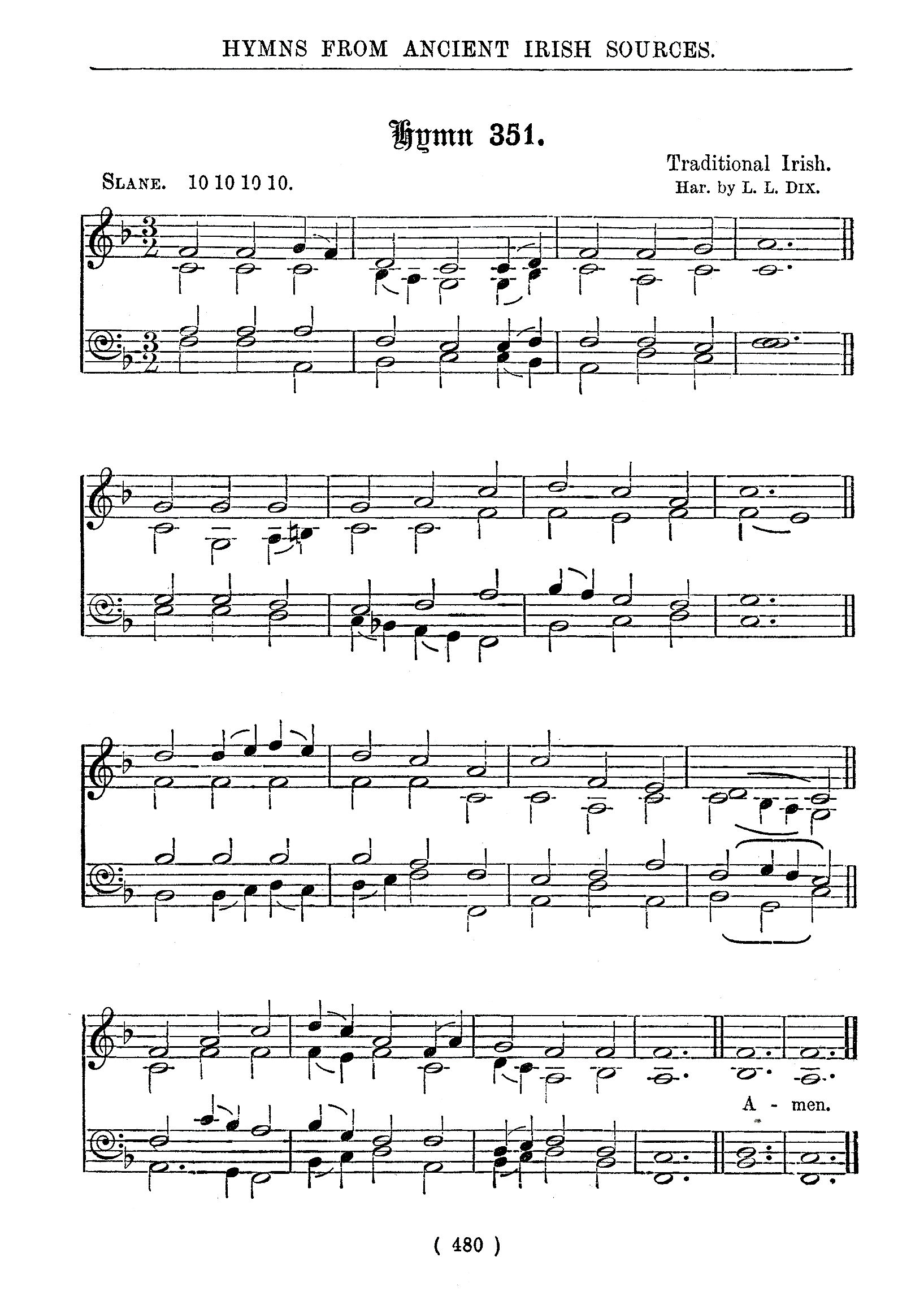God Rest You Merry, Gentlemen has long been one of my favorite Christmas songs. It’s fast-paced yet easy to sing along with.
As a child, however, I was always confused as to where the comma went. Is God resting them merry, or are they merry gentlemen? The title often doesn’t have a comma in it at all, making about as ambiguous as it can get. Researching for this article, several sources make it clear that it is almost certainly meant to be as I’ve titled it here, but even the old text I pulled this melody from titles their version “God rest you, merry Gentlemen”.1
It has an archaic and quaint quality partly because so many of the words are used in ways we wouldn’t use them today. Rest, merry, comfort, joy. Especially the former three, they’re a little off from their modern meanings. You can see some of it today by thinking about the difference between the noun comfort and the verb comfort. When the song was written, the noun had a similar meaning to the verb. To comfort someone is to encourage and support them, to strengthen them. You can get a sense of the meaning in such archaic legal phrases as “give aid and comfort to the enemy”, and in the similar words “fortitude” and “effort”.2 And how often do you use the term “rest” as a verb to do something to someone else? It’s mostly a personal verb nowadays: I’m going to rest, not I’m going to rest you.
Merry was more a sense of pleasantness than revelry. And joy still retained much of its religious connotation with “rejoice”.
Rejoice! Rejoice! Emmanuel has come. And he will encourage and raise you up. The meanings are so very close to their modern meanings, yet obviously different in strange ways, as a child there was an almost happily eerie sense to the song. Which is probably a good part of why it was one of my favorites.
Here’s the treble clef:
# God Rest You Merry, Gentlemen
# treble clef
# source music resets sharps/flats/naturals at end of each measure… or perhaps randomly
--key G
presto
"E E" | "E E" "G B" "F B" "-D+ A" | "E G" "-D F" "-C E" "-B -D"
"E E" "-D+ F" "E G" "E A" | 2 "-D+ B" 4 R "E E"
"E E" "G B" "F B" "-D+ A" | "E G" "-D F" "-C E" "-B -D"
"E E" "-D+ F" "E G" "E A" | 2 "-D+ B" 4 R "E B"
"E C" "-D+ A" "-D+ B" "G C"
"F= D" "E +E" "-D B" "-D+ A" | "E G" "-C+ E" "-D+ F" "G G"
2 "F= A" 4 "G G" "-D+ A" | 2 "-D B" 4 "E C" "-D B"
"G B" "F A" "E G" "-D+ F"
2 "E E" 8 "-B G" "-B F" 4 "-C+ E" | 2 "-D A" 4 "E G" "F A"
[2 G] B C "G D" "G E" | "G B" "F A" "E G" "-D+ F"
2 "E E" R
Save it as treble.txt, or as you wish. And here’s the bass clef:
# God Rest You Merry, Gentlemen
# bass clef
# source music resets sharps/flats/naturals at end of each measure… or perhaps randomly
--key G
presto
-
"E E" | "E G" "E E" "-D+ F" "-B B" | "E B" "-B B" "-C G" "-G G"
"-C G" "-B B" "E B" "-C E" | 2 "-B F" 4 R "E E"
"E G" "E E" "-D+ F" "-B B" | "E B" "-B B" "-C G" "-G G"
"-C G" "-B B" "E B" "-C E" | 2 "-B F" 4 R "E G+"
"A A" "F A" "G G" "E G"
"-B G" "-C G" "-G G" "-B F" | "E G" "E G" "-D A" "-B D"
[2 -D] D C "E B" "F A" | 2 "G G" 4 "-C G" "G G"
"-G D" "-A C" "-B B" "-B B"
2 "E G" 8 "E G" "E G" 4 "E G" | "-D F" "-C A" "-B D" "-A C"
"-G B" "E G" "-B D" "C C" | "-G D" "-A C" "-B B" "-B B"
2 "E G" R
Save it as bass.txt; note the lone minus sign at the top, to drop the entire thing down one octave.
Play it using the piano script from 42 Astounding Scripts•:
- $ ~/bin/piano [ bass.txt ] treble.txt
And save to a midi file for importing into GarageBand using:
[toggle code]
- $ ~/bin/piano treble.txt --save treble
- $ ~/bin/piano bass.txt --save bass
After those commands, there will be two midi files, treble.midi and bass.midi. After importing the midi files into GarageBand and spending a pleasant half an hour playing with the various instruments, I decided to go with harp for the treble clef, and I doubled the bass with one track for Upright Studio Bass and another for Classical Acoustic Guitar.
The video is from a trip into Michigan during a relatively heavy snowfall. Among the many times I need God’s comfort, it is on icy roads in low visibility stuck behind large vehicles. Arriving home safely was a moment of joy.
Not sure why the only two words in the title that are capitalized are God and Gentlemen, either.
↑I’m pulling these etymologies from John Ayto’s• Dictionary of Word Origins• and Eric Partridge’s• Origins: A Short Etymological Dictionary of Modern English•.
↑
- 42 Astoundingly Useful Scripts and Automations for the Macintosh•: Jerry Stratton at Jerry Stratton on Amazon.com (paperback)
-
 If you have a Macintosh and you want to get your retro on, take a look at 42 Astoundingly Useful Scripts and Automations for the Macintosh. These modern scripts will help you work faster and more reliably, and inspire your own custom scripts for your own workflow.
If you have a Macintosh and you want to get your retro on, take a look at 42 Astoundingly Useful Scripts and Automations for the Macintosh. These modern scripts will help you work faster and more reliably, and inspire your own custom scripts for your own workflow.
- Dictionary of Word Origins•: John Ayto
- “Learn about the hidden and often surprising histories of and connections between English words and their non-English ancestors.” If you enjoy etymologies, this is a nice book to have.
- God Rest Ye Merry: Wilfred M. McClay
- “The merriness being urged upon the gentlemen comes amid a great darkness, a darkness that never disappears, that beckons and threatens, a darkness whose presence is subtly conveyed by the minor key with which the song begins and ends.”
- God rest you merry, Christmas drivers: Jerry Stratton at Mimsy@YouTube
- The melody of God Rest You Merry, Gentlemen, set to driving in snow.
- God Rest You Merry, Gentlemen—Notes
- “In many respects, this is a deeply misunderstood carol.”
- Origins: A Short Etymological Dictionary of Modern English•: Eric Partridge
-
 Eric Partridge’s etymological tome is a tour-de-force. It is the must-have for amateur etymologists. “Simply the best.”
Eric Partridge’s etymological tome is a tour-de-force. It is the must-have for amateur etymologists. “Simply the best.”
- What are the lyrics for ‘God Rest Ye Merry, Gentlemen’—and what is the Christmas carol about?: Rosie Pentreath
- “Like a lot of well-known Christmas carols, the lyrics centre around the joy experienced at the news of Christ’s birth—all sung in a beautiful minor melody… The lyrics are wonderfully uplifting and it is indeed difficult to feel dismay with those wonderful ‘tidings of comfort and joy’ the carol shares in abundance.”
More Christmas music
- Light a candle for Christmas hymns
- While the holidays brought more examples of bowdlerized lyrics they also brought, at least to our church, a lit candle for the darkness, in the form of a new hymnal that retains sound Catholic theology.
- The Soul Felt It’s Worth
- “A thrill of hope, the weary world rejoices…” What is a soul worth? For God, a soul is worth his son.
- Have yourself a musical command line…
- …Make your scripting gay. From now on your errors will be miles away!
- 8 (bit) Days of Christmas: Day 1 (Do You Hear What I Hear?)
- For day 1 of the 8 (bit) days of Christmas, John Mosley’s “Do You Hear What I Hear?” from the December, 1987, Rainbow Magazine. Mosley coaxes four-voice music out of the CoCo 1 and 2 using a machine-language program.
- O Little Town of Bethlehem
- How still we see thee lie. Play this song on your Mac’s command line with the piano script.
- Two more pages with the topic Christmas music, and other related pages
More Garageband
- How Great Thou Art
- Then sings my soul…
- Hark! The Herald Angels Sing
- A glorious song for Christmas. And a glorious bug fixed.
More MIDI
- Save That Thou Art
- High King of heaven, when vict’ry is won/May I reach heaven’s joys, bright heaven’s Sun!/Heart of my heart, whatever befall,/Still be my vision, O Ruler of all.
- The Star-Spangled Banner in MIDI
- What could be more appropriate for the fireworks of the Fourth of July than a song about bombs bursting in air, illuminating a great flag rippling defiantly to a hostile world?
- O Little Town of Bethlehem
- How still we see thee lie. Play this song on your Mac’s command line with the piano script.
- I have read a fiery gospel
- “Be swift my soul to answer him, be jubilant my feet.” Written a hundred and fifty-nine years ago today, this rousing abolitionist song remains a fiery call for freedom from tyranny.
- How Great Thou Art
- Then sings my soul…
- Two more pages with the topic MIDI, and other related pages

